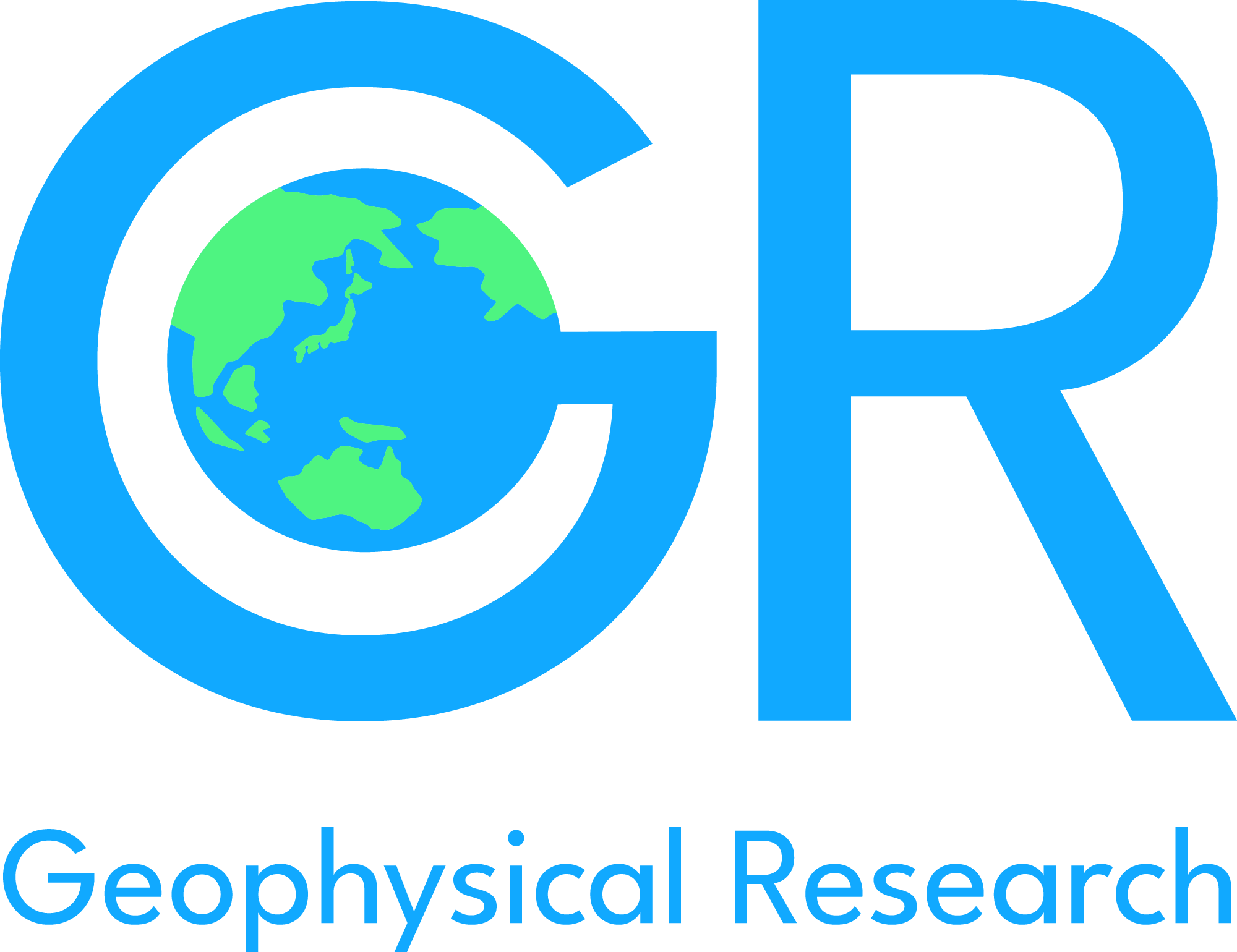The age-performance relationship for a cognitive-intensive task: Empirical evidence from chess grandmasters
Abstract
This is an accepted article with a DOI pre-assigned that is not yet published.
The age-performance relationship for cognitive-intensive tasks has been a subject of significant interest across various domains. This study delves into this relationship by analyzing empirical evidence from the world of chess grandmasters. Utilizing a comprehensive dataset spanning several decades, we examine the performance trajectories of top-tier chess players, evaluating their peak performance periods and subsequent declines. Our findings reveal a nuanced understanding of how age impacts cognitive abilities in high-stakes, mentally demanding environments. We identify critical age ranges where cognitive performance is maximized, followed by gradual declines influenced by a combination of experience, practice intensity, and age-related cognitive changes. These insights contribute to the broader discourse on cognitive aging and provide implications for other fields where cognitive prowess is paramount.
Keywords: chess, age-performance relationship, cognitive-intensive tasks, chess grandmasters
Funding
- Name
- Australian Sports Commission
